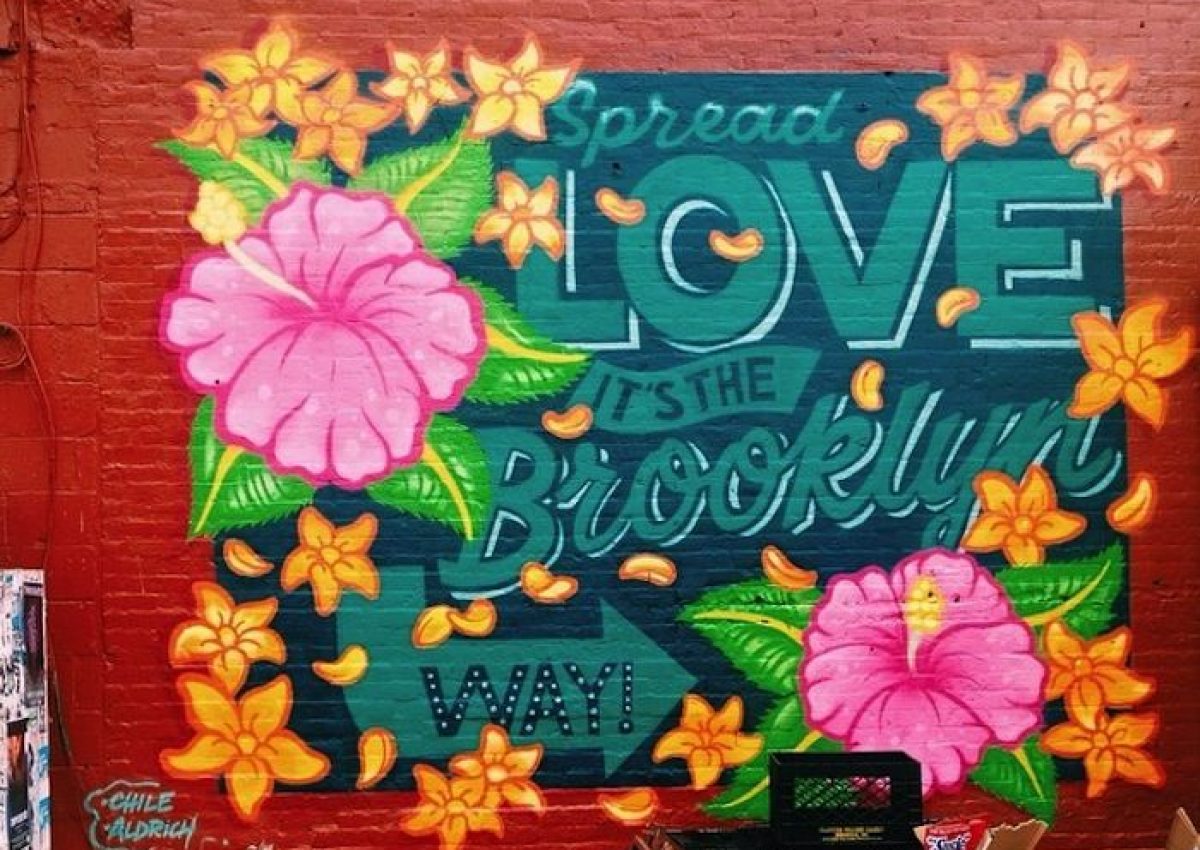- Between weeks 8 and 12, each student should provide a weekly reflection (500 words) on the data you have collected to date.
- What data did you collect?
I watched another documentary on gentrification in Brooklyn called “My Brooklyn” directed by Kelly Anderson. What was interesting about this documentary was that it was told through the lens of the “gentrifier.”Anderson moved to Brooklyn in the 1980s after graduating college and with hopes of pursuing a career in filmmaking. She notes that she didn’t know it then but she marked a new wave of people moving into Williamsburg–the gentrifiers. By the year 2000 Brooklyn had become a “hip and expensive brand” as rent increased and brownstones were sold for upwards of $3million dollars.
- What is your initial impression of the data?
It was interesting to hear the story of gentrification in Brooklyn being narrated by a gentrifier–Kelly Anderson. One of the things I found fascinating was the fact that Kelly Anderson was aware of how the influx of more affluent residents was negatively affecting her Black and Latin neighbors. This challenged my preconceived notions that gentrifiers aren’t necessarily aware of the damage they are causing communities, instead they utilize a neoliberalist “modernist” approach, whereby change is always good and modernization is always the goal. Based on Anderson’s documentary, we can see that gentrifiers are aware of the change, however, some choose not to acknowledge it. The gentrification of Brooklyn legally started with the 2002 Downtown Brooklyn Plan, pioneered by Michael Bloomberg. Another part of the documentary that I found illustrates the difference between the gentreiers perspectives and the residents of Brooklyn were conversations about the Fulton Mall Area. Kelly Anderson asks various farmers market shoppers in Prospect Park about their opinions regarding the closing and rezoning of Fulton Street Mall. There seemed to be a trend as the white people interviewed were in favor of it being closed down, referred to it as a B class mall, were afraid to go there at night, and compared it to “turd.” Conversely, many Black residents noted liking the Fulton Mall Area, mentioned the good prices, and nice stores. Unfortunately, based on those interviews, it was clear that the rezoning of Brooklyn catered to the new white affluent residents, not the original community. Historian Craig Wilder notes that process of gentrifying Brooklyn is not the process of making Brooklyn a better place to live. He points out the history of redlining that defined many Brooklyn communities, stripped them from resources, and NOW white people have all of a sudden decided that these communities have value. The documentary also notes how New York has rezoned thousands of blocks, “down-zoning” to protect primarily upper and middle class white communities and “up-zoning” working class communities of color–that is not normal change it, it is structural change created by public policy, mayor (Bloomberg), developers, and the speaker of the city council.
- How have the data you have collected this week changed/progressed your thinking about your research project?
By looking at gentrification through the lens of the gentrifier it gave me a more holistic vision of the process of gentrification in Brooklyn. I was focusing primarily on those who are being affected by gentrification, however, I think that it was important for me to watch this documentary and understand the multiple players in the process of gentrification. It also made me think more about space, buildings, and small businesses. It helped me see that those who are hurt in gentrification are not just the tenants, but also the small business owners, the local restaurants etc. There is a push for commercialization and the need to “keep up with the times” or modernize, which does not allow for the old community to stay. It also has me thinking about how a postcolonial imaginary for construction and businesses would have benefited the older brooklyn communities.
- What challenges did you encounter while collecting the data?
No real challenges, just more I want to make sure I add to the podcast.
- What are your next steps?
I plan on interviewing the dominican-american family this weekend!
- 2-3 annotations.
Link to documentary: https://www.kanopy.com/product/my-brooklyn-demystifying-gentrification
https://www1.nyc.gov/assets/planning/download/pdf/plans/downtown-brooklyn2/dwnbklyn.pdf
Lopez’s Comments:
Juliana, You can today make great progress on your project and I like that you are starting to interview the people that you have identified. My Brooklyn is a really great film. I use that piece in intro when I teach students about gentrification.
